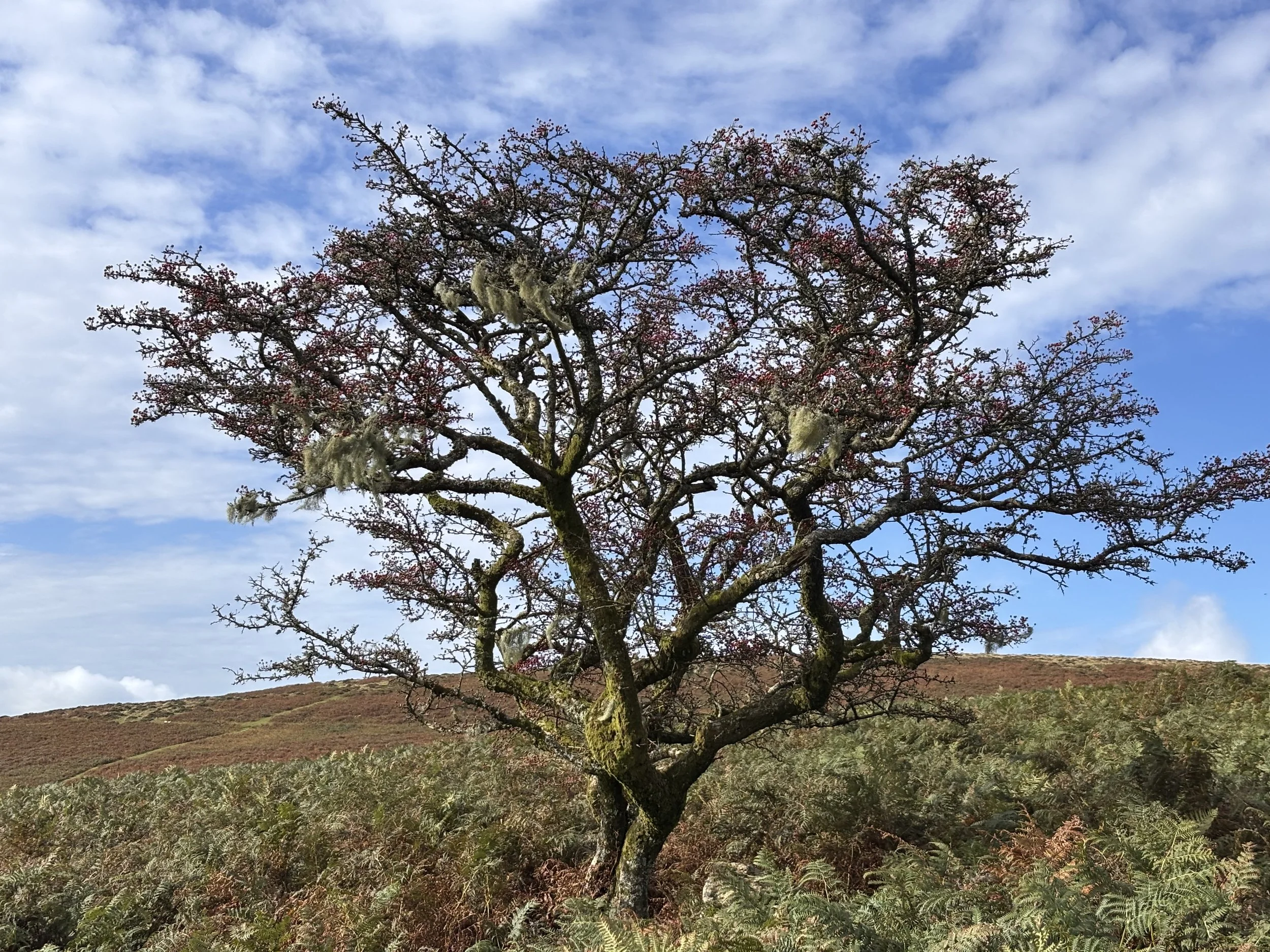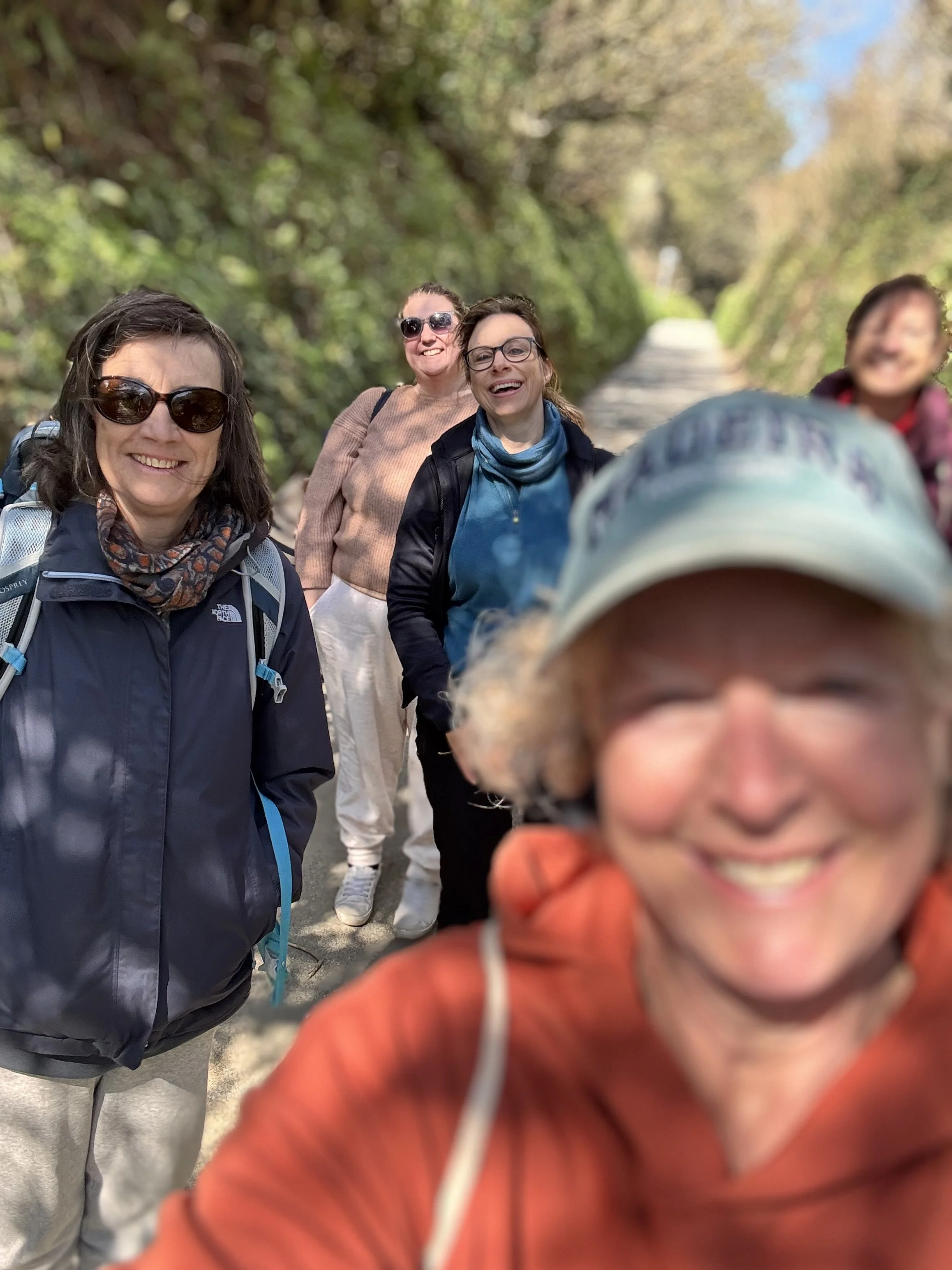Finding Balance in a World of Constant Noise
Every day, information rushes at us — headlines, soundbites, social media clips, statistics, opinions. It can feel overwhelming. How do we know what’s worth listening to? Who’s telling the truth? Which stories deserve our attention?
This is not a new problem, but it’s more visible than ever. Figures in public life — take Donald Trump as an example — thrive on pushing their own version of reality into the spotlight. It’s not about him alone, but he symbolises a wider challenge: the way loud voices, heard often enough, can drown out nuance and evidence.
If we’re not careful, we end up living in a world shaped more by noise than by truth.
The importance of balance
When new information comes in, our brains are wired to make quick judgements. This can be useful — we need to be able to react and decide. But quick judgements are not always accurate ones.
Neuroscience reminds us that our brains work like prediction machines. They compare what we hear with what we expect, and then fill in the gaps. This means we’re vulnerable to confirmation bias: hearing what fits our existing beliefs and dismissing what doesn’t.
That’s why balance matters. Before taking in a headline as fact, it helps to pause. To ask:
Where else can I look for information on this?
What do other perspectives say?
What does the evidence show?
How does this match my own lived experience?
This process is slower, but it’s also more grounded, steadier and calmer.
Trusting real experience
One of the strongest anchors we have is reality itself. Our real experiences — what we see, hear, and feel directly — carry more weight than this constant second-hand noise.
When we notice our mood shift after reading a post online, or listening to the news, it’s worth asking: does this really affect my life here, now, today? Or is it pulling my attention away from what’s truly important?
Evidence is not only found in research papers. It’s in our bodies, our conversations, and our daily choices. If something leaves us feeling anxious, disconnected or powerless, perhaps it’s a sign to step back?
The local connection
We live best when we root ourselves in our immediate environment. That means paying attention to the people and community around us, not just the latest voice on repeat from a screen. It means getting outside into the natural environment and connecting with the small changes happening there too.
Take a moment to notice:
Who could I share a conversation with today?
What’s happening in my local community that deserves my support?
What’s growing, changing, or unfolding in the natural world outside my window?
These small acts of connection bring us back into balance. They remind us that while global news matters, so does the ground we walk on and the people we share our everyday with.
A gentle invitation
Finding balance isn’t about shutting out the world. It’s about choosing wisely where we place our attention. By balancing what we hear with evidence, by trusting our real experience, and by strengthening our ties with those around us, we create a steadier, kinder way of being.
And in times when loud voices dominate, perhaps the most radical thing we can do is to stay rooted in reality — together.

